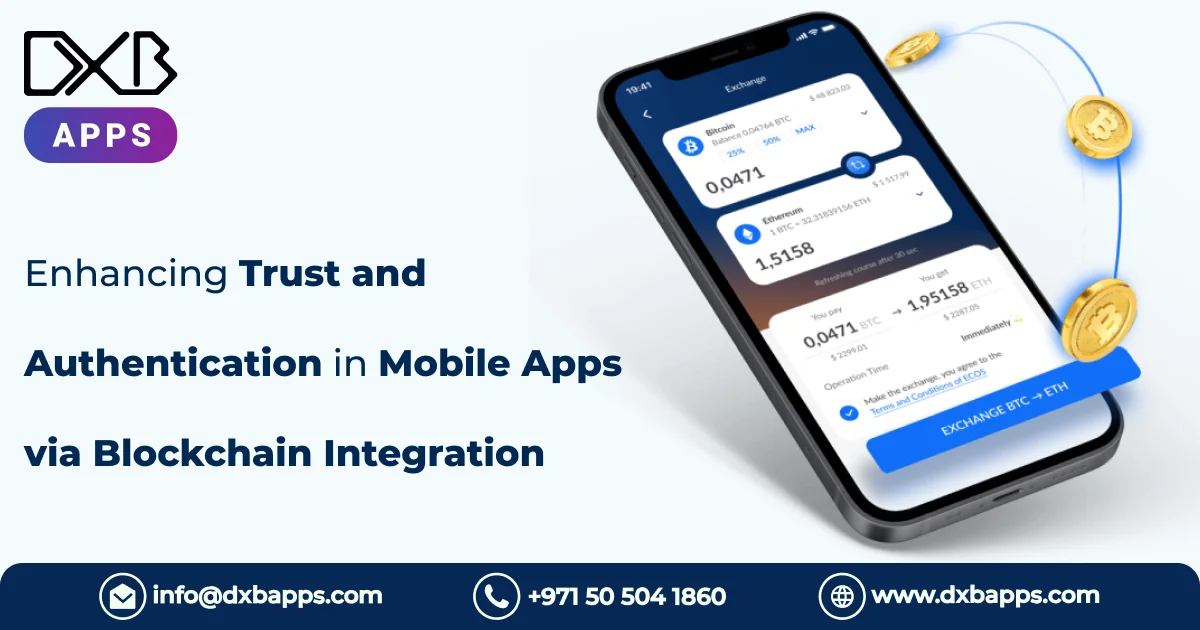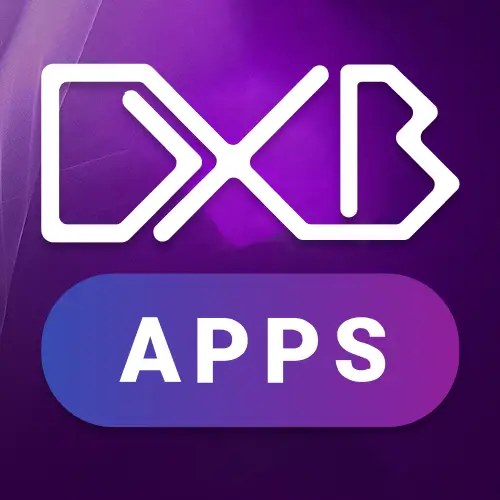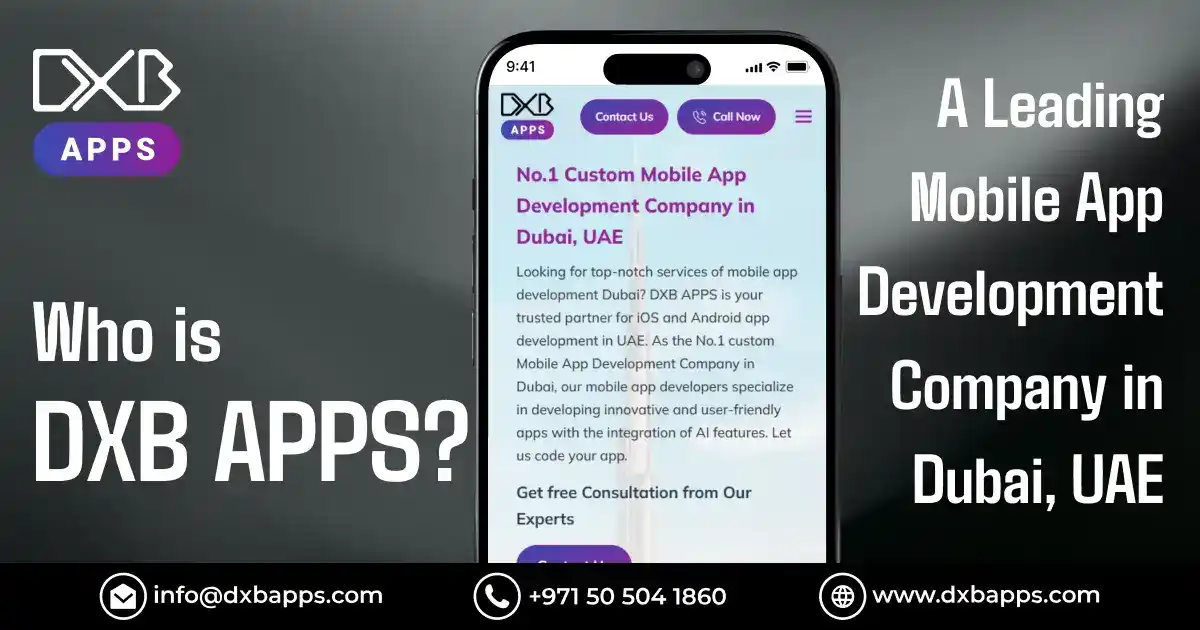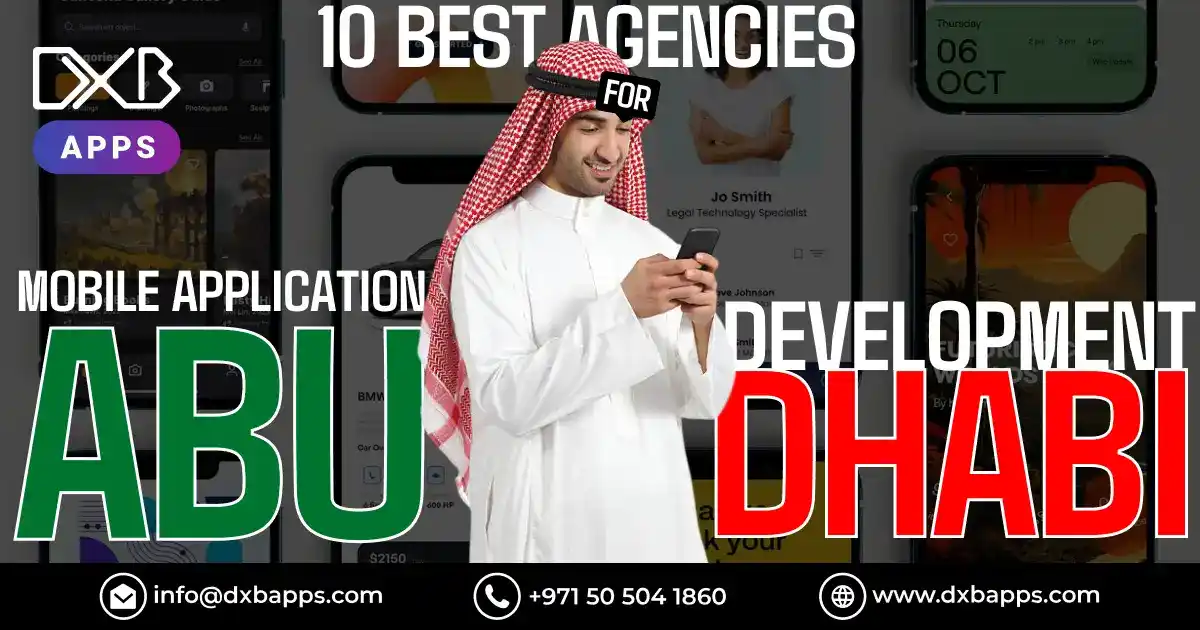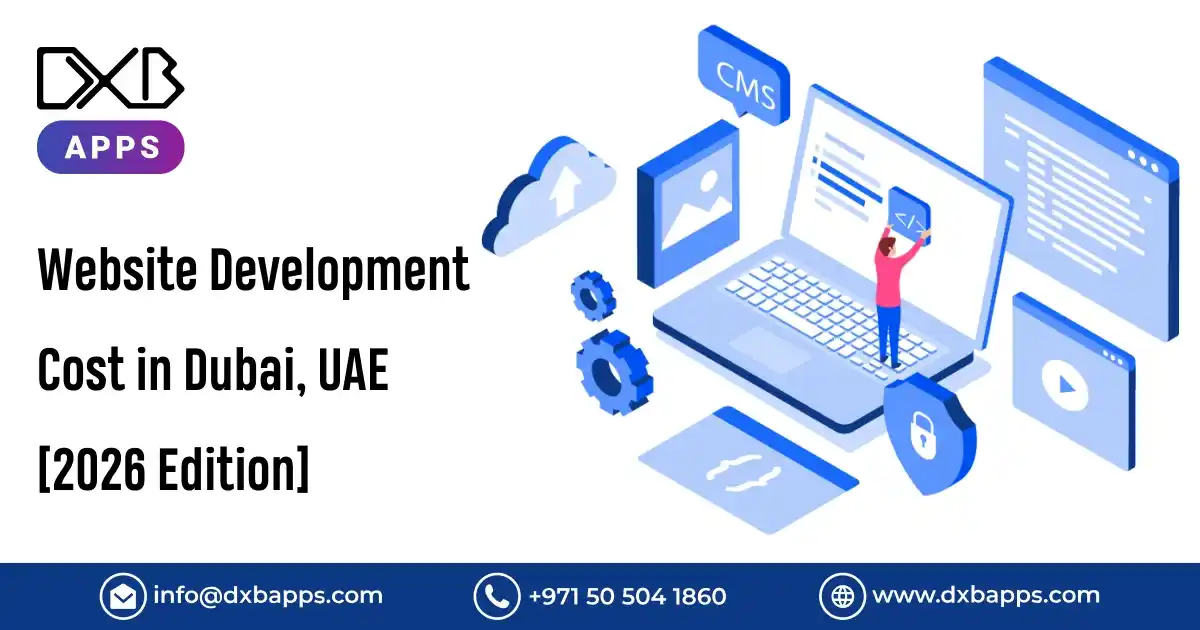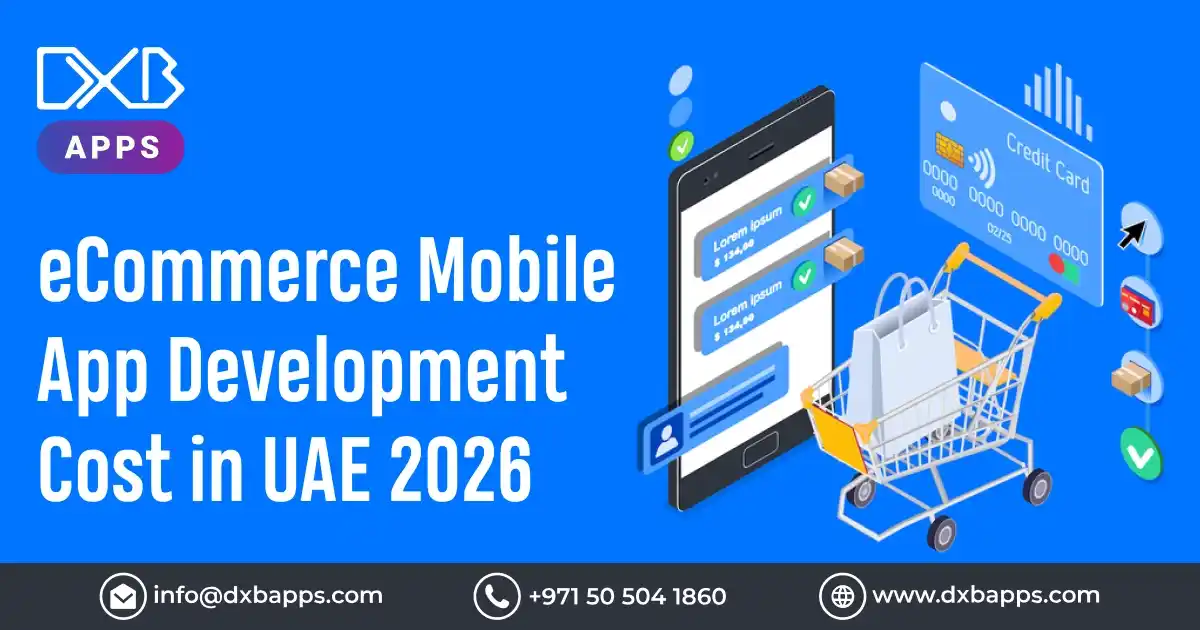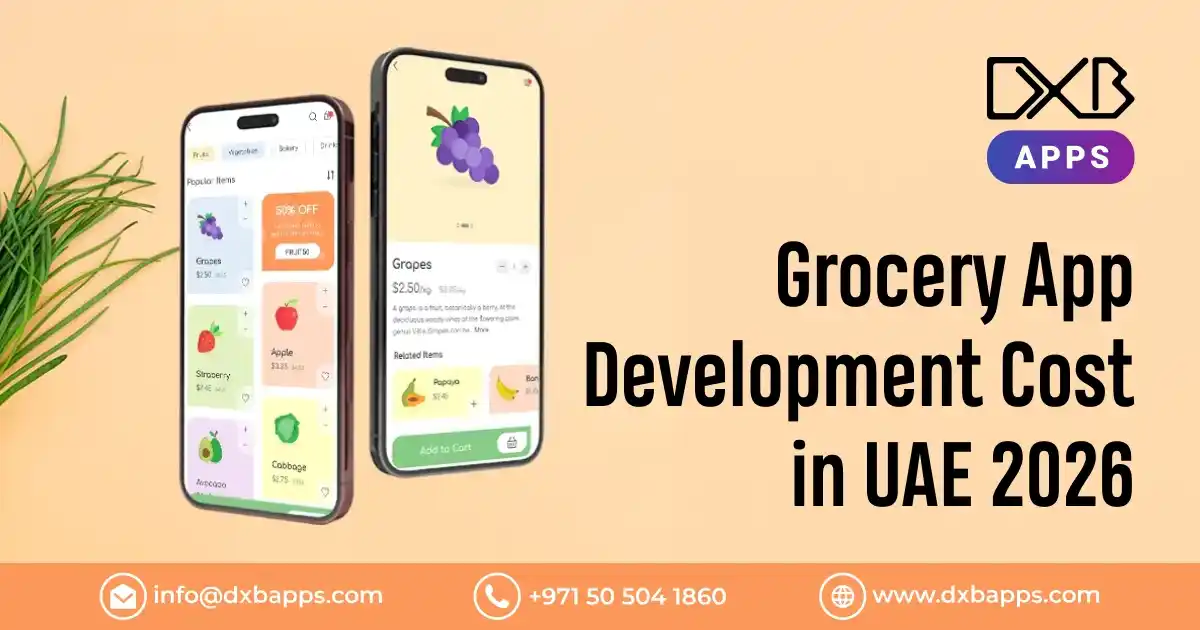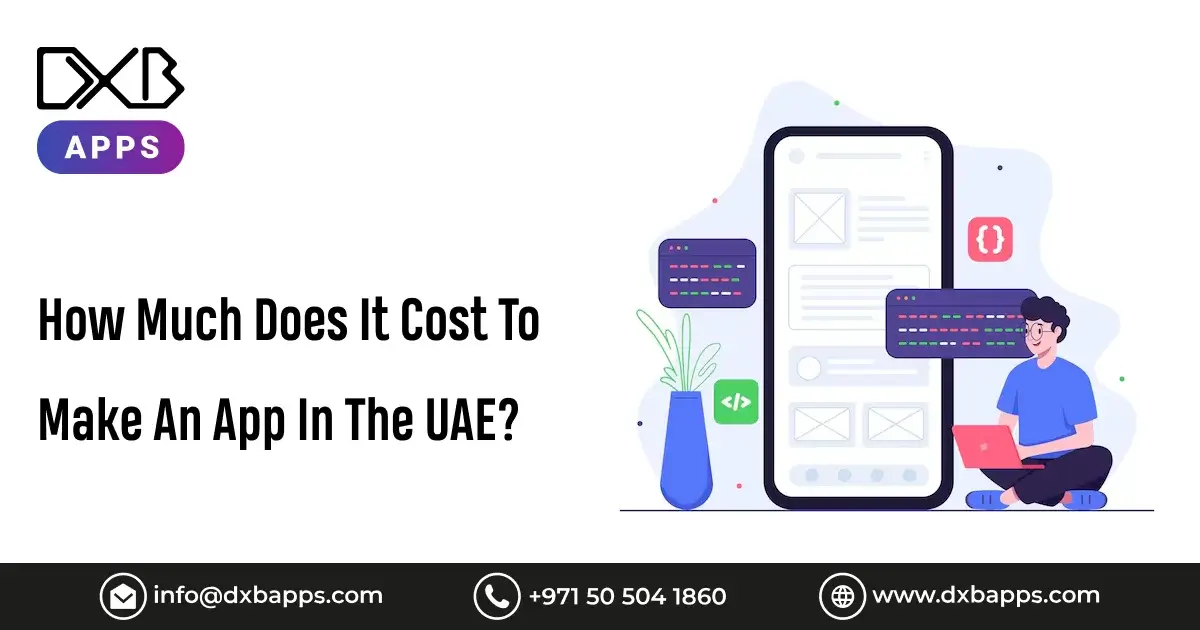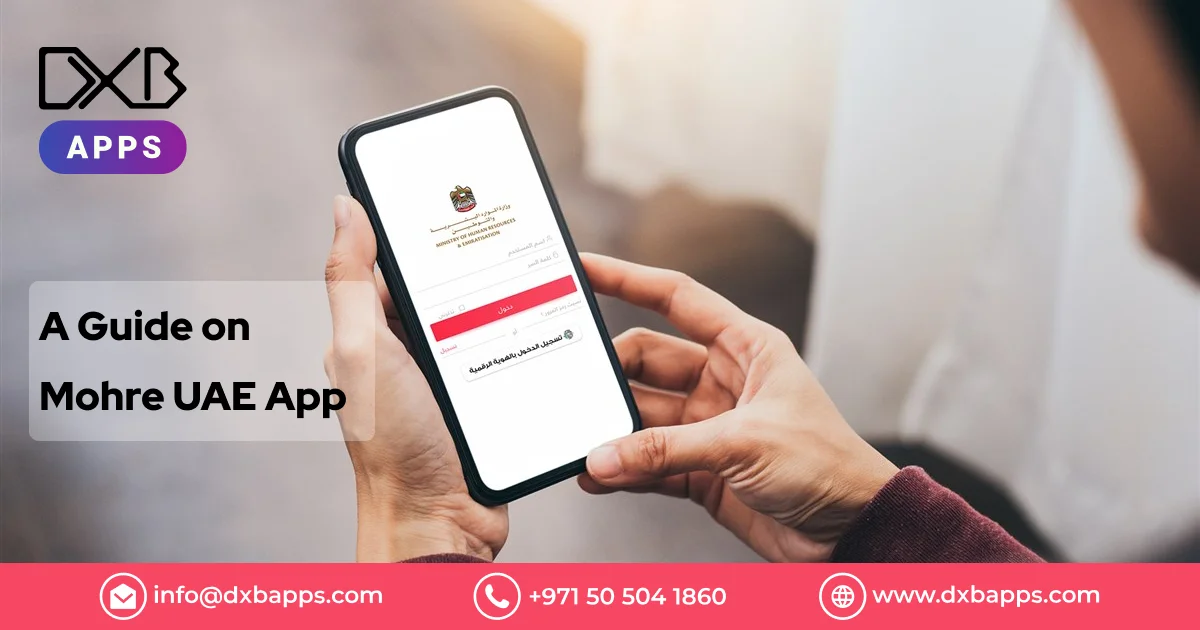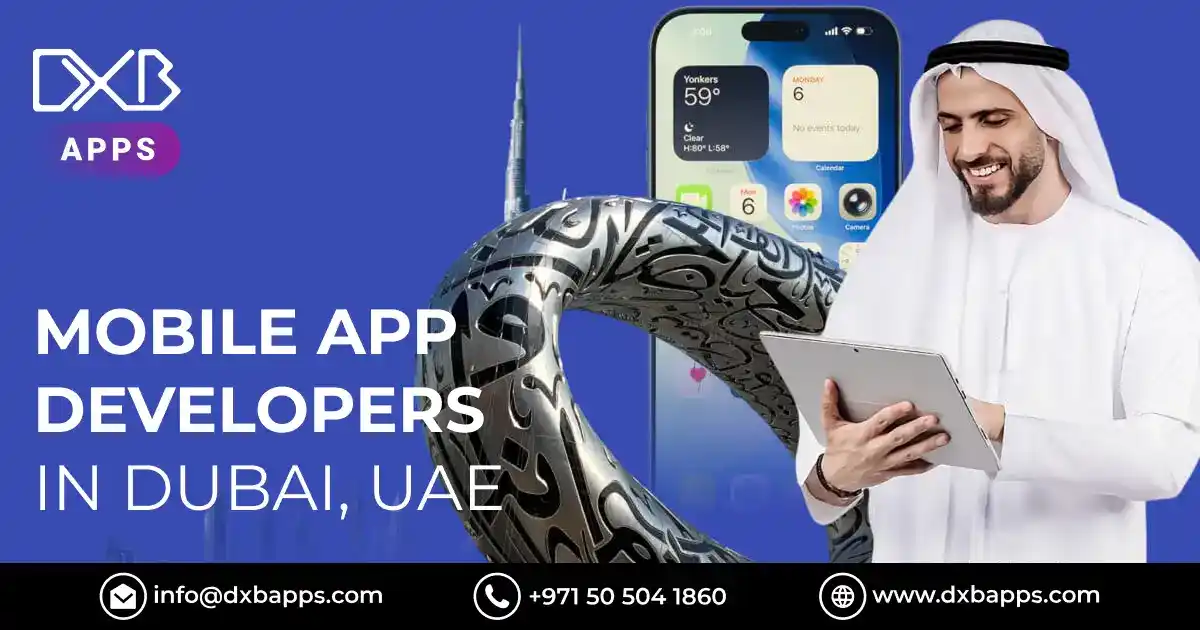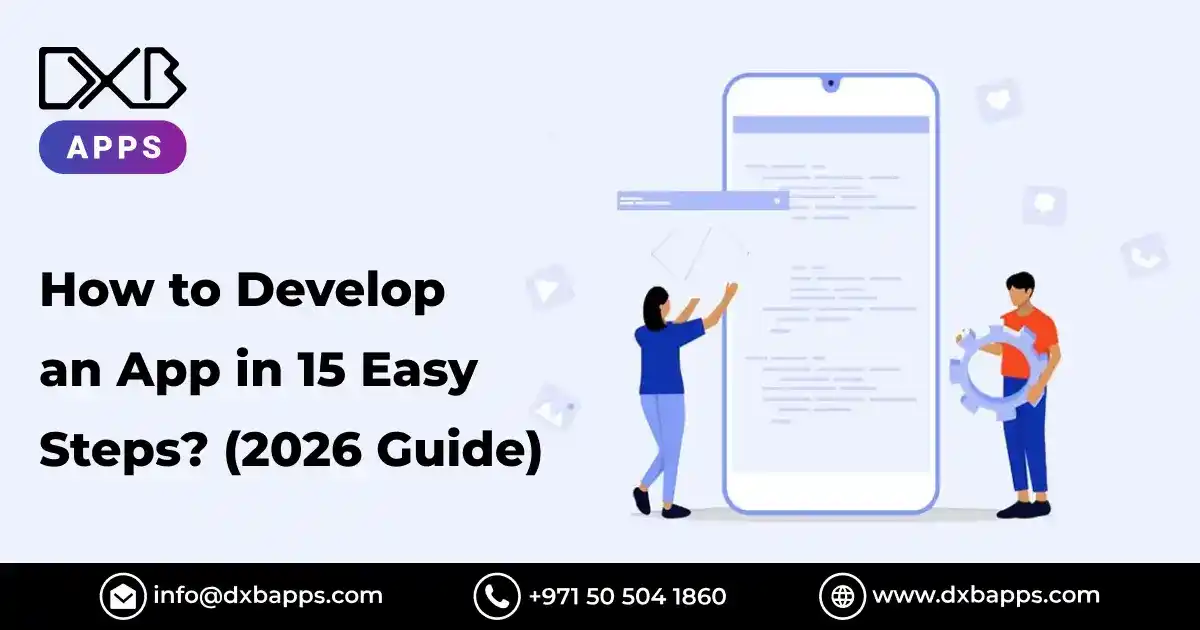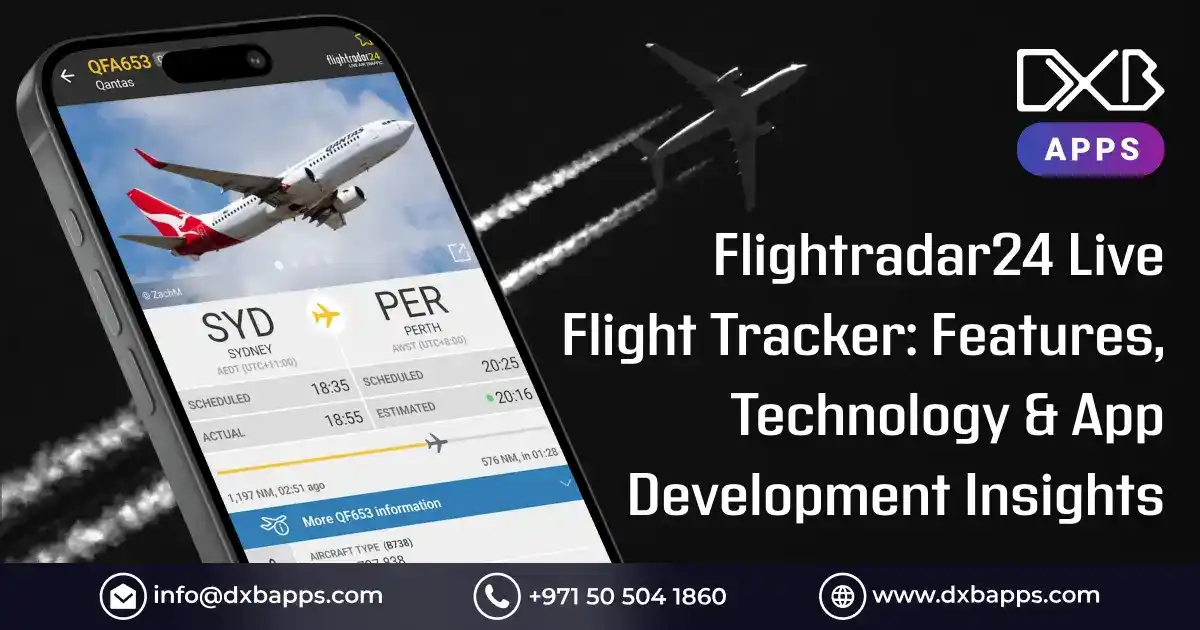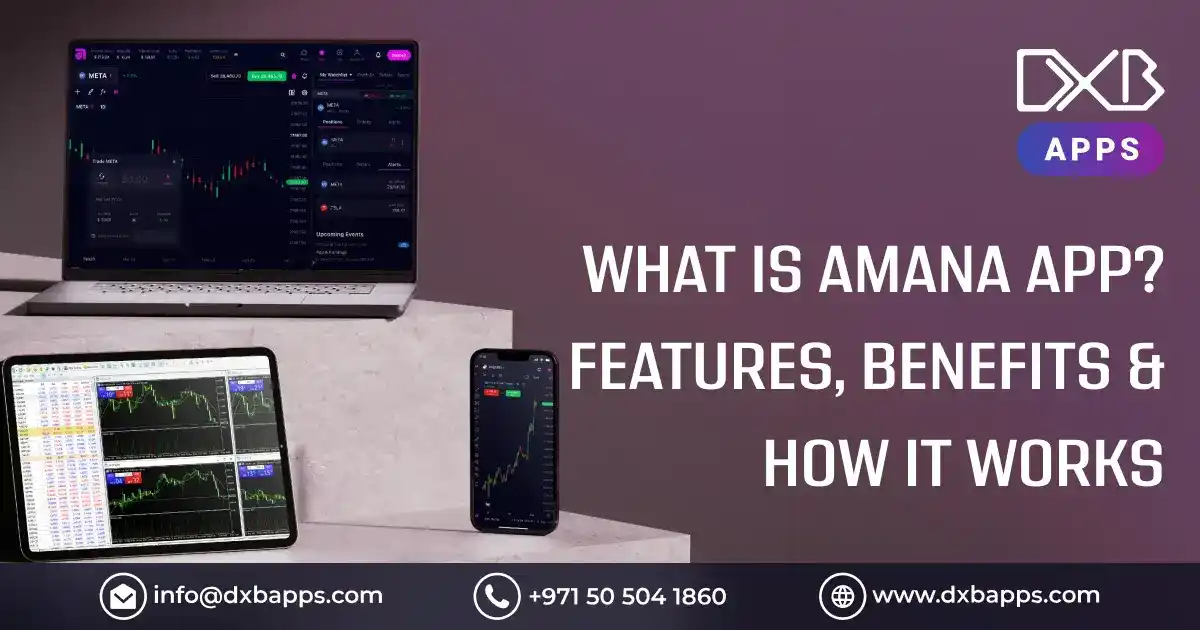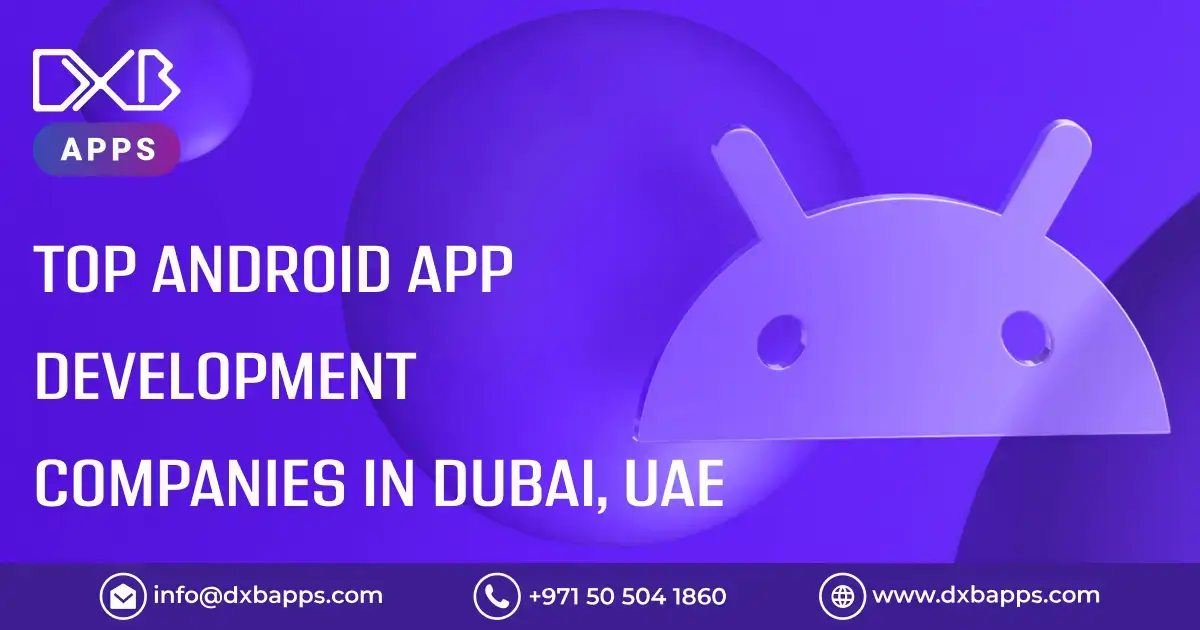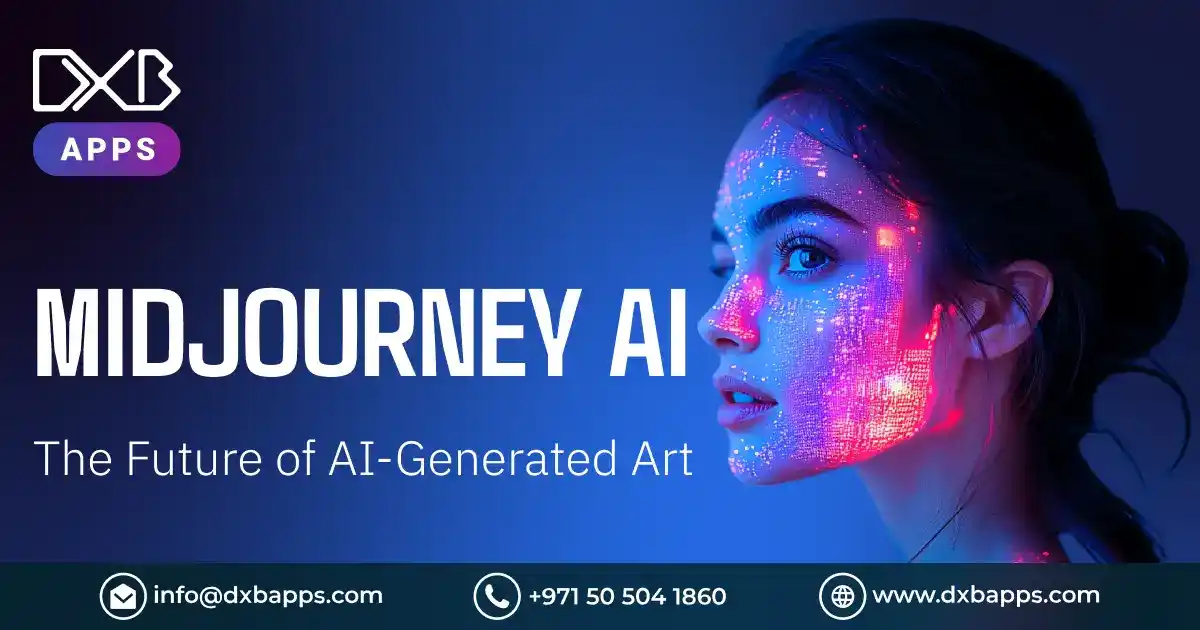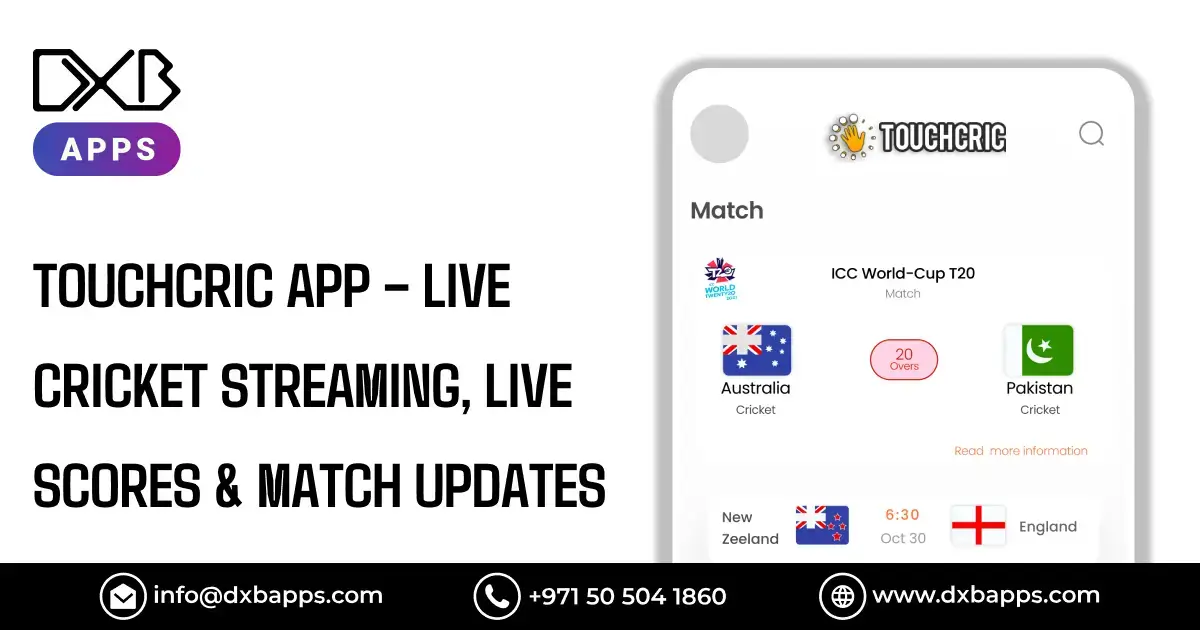Trust is the cornerstone upon which the whole mobile app development Dubai is based in its constantly changing terrain. Our lives have been entirely changed by mobile applications, which provide a wide range of functions from banking to communication. However, building and sustaining confidence in mobile applications is crucial in a world full of data breaches and privacy issues.
The Importance of Trust & Verifiability in Mobile Apps
Trust is the foundation of the mobile app development Dubai, as users are often required to entrust these applications with their personal and financial information. The significance of trust in mobile apps cannot be overstated, as it directly impacts user adoption and retention.
Without trust, users may hesitate to share sensitive data, engage with the app, or complete transactions. In extreme circumstances, a lack of confidence may cause users to give up using the program altogether. So, the issue is: How can developers guarantee the security and dependability of their programs while still fostering user trust?
Various Challenges Faced in Building Trust
The path to building trust in app development Dubai is fraught with challenges. Developers must overcome several hurdles to instill confidence in their user base. Some of the most prominent challenges include:
Security Breach: Users are now cautious about possible data breaches as a result of high-profile security breaches that frequently make news. These occurrences highlight the necessity of robust security protocols to safeguard user information.
Users are becoming more worried about data privacy at a time when data is sometimes seen as the new gold. They seek guarantees that their private data won't be exploited improperly or disclosed without authorization.
Fraudulent Activity: There is a lot to be concerned about when it comes to fraudulent activity in mobile applications, such as scams or evil intent. Users worry that their interactions might result in data compromise or financial losses.
In light of these challenges, developers face a substantial responsibility to ensure that their apps are secure, reliable, and deserving of user trust.
The Impactful Blockchain Technology Overview
The technology known as blockchain, which is primarily responsible for supporting cryptocurrencies such as Bitcoin, has shown promise in improving user confidence in app development Dubai. It is a distributed ledger system that keeps transaction records that are decentralized, transparent, and immutable. All transactions are cryptographically linked to each other to form a continuous chain of data.
Blockchain technology has far more potential than just cryptocurrencies. It can also be used to solve a wide range of problems that blockchain app developer Dubai have when trying to establish verifiability and trust.
Understand How Blockchain Enhances Trust?
To comprehend how blockchain app development Dubai enhances trust in mobile apps, blockchain is essential to explore its various dimensions and applications.
Sense Of Verifiability in Mobile Apps
The verifiability that blockchain offers is one of its most unique qualities. The blockchain records every interaction and transaction that takes place inside a mobile app. Because this ledger is unchangeable and available to the public, users can independently confirm any activity made within the program.
Consider a situation in which a user has doubts regarding a financial transaction made through an app. They may examine the transaction details on the public ledger using blockchain. This transparency ensures that there are no hidden or unauthorized actions within the app, thereby building trust and confidence.
Valuable Features Blockchain in Mobile Apps
One benefit of blockchain app development Dubai is its versatility. It may be applied to enhance verifiability and trustworthiness in several areas of mobile apps, such as:
- Identity Verification: Users' identities may be verified using blockchain technology to ensure they are who they claim to be. This lowers the possibility of fraud and impersonation.
- Supply Chain Tracking: Mobile apps dealing with supply chain management can leverage blockchain to provide a transparent and tamper-proof record of product movement. This authenticity ensures that products are genuine and untampered.
- Financial Transactions: Blockchain guarantees transaction integrity in the world of financial apps, where security and authenticity are critical. Users may be certain that their financial transactions are safe and cannot be changed without their knowledge because of this.
Security and Data Protection
The security aspects of blockchain are extensively documented. The blockchain makes data very safe by distributing it among several nodes and encrypting it. The decentralized design of blockchain considerably lowers the danger of a single point of failure, in contrast to traditional centralized systems where a single breach can jeopardize enormous quantities of data.
User Experience and Convenience
The transparency offered by blockchain not only enhances trust but also significantly improves the user experience. Users can have confidence that their data is protected and that their interactions within the app are legitimate. This sense of security and authenticity contributes to a positive and seamless user experience.
Users can use apps with the confidence that their data is secure and their interactions are genuine. This level of transparency builds trust and ensures that users return to the app, thus fostering brand loyalty.
Transparency and Accountability
The significant degree of openness that blockchain brings is another critical benefit. Anyone may view every transaction that is entered into the blockchain ledger. There is no place for doubt or false information in this.
App owners and blockchain app developer Dubai are responsible for the proper operation of their apps as well as their behavior. This openness encourages accountability and dependability, which in turn increases user confidence. Users are aware that the software has no ulterior intentions or covert activities. Openness is the cornerstone of trust.
Building Trust with Tokenization
Tokenization is another powerful facet of blockchain technology. It allows mobile apps to tokenize assets, such as loyalty points, digital assets, or even real-world assets like property. Tokenization ensures the secure transfer, exchange, and representation of these assets on the blockchain.
For example, if a mobile app offers loyalty points as part of a rewards program, tokenization can represent these points on the blockchain. This guarantees that points are publicly monitored, readily transferred, and redeemed. The whole user experience of mobile apps has been improved for consumers. With this extra layer of trust and convenience.
Conclusion
In a world where mobile applications are a necessary component of our daily lives. Trust has become a need for us. Users must have faith in the apps they are using. Especially when handling sensitive data and financial transactions. For mobile apps, blockchain technology offers a strong option for establishing verifiability and trust. Its decentralized, transparent, and secure features successfully solve the difficulties developers encounter in creating a reliable ecosystem for mobile apps.
Security and trust continue to be critical as mobile applications grow to influence our digital lives. DXB Apps may create a more dependable and transparent customer experience by utilizing blockchain technology. Consequently, this fosters the expansion and prosperity of mobile applications within a progressively cutthroat marketplace.
FAQs
What is blockchain's role in mobile app trust?
Because it offers a visible and impenetrable log for all transactions and interactions within the DXB Apps, blockchain plays a critical role in boosting user confidence in mobile apps. Because of this openness, users may independently confirm the activities they conduct within the software.
How does blockchain improve app verifiability?
Blockchain allows users to verify every action taken within a mobile app, promoting transparency and confidence in the app's functionality. The public ledger records every transaction and interaction, leaving no room for doubt.
Do mobile applications include instances of blockchain in the real world?
Yes, a number of smartphone apps for safe financial transactions, supply chain monitoring, and identity verification employ blockchain technology. These uses highlight the adaptability and potency of blockchain technology in building confidence.

